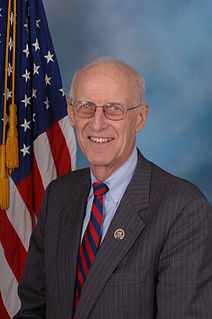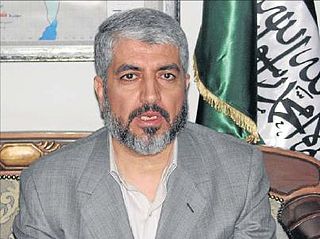A Quote by Jerome Powell
Long experience, in the United States and in other advanced economies, has demonstrated that monetary policy is most successful when decisions are rendered independent of influence by elected officials.
Related Quotes
In 1977, when I started my first job at the Federal Reserve Board as a staff economist in the Division of International Finance, it was an article of faith in central banking that secrecy about monetary policy decisions was the best policy: Central banks, as a rule, did not discuss these decisions, let alone their future policy intentions.
Global central banks are working hard to lift their economies through an aggressively easy monetary policy. The ECB [European Central Bank] and BOJ [Bank of Japan] are buying tens of billions of bonds and other financial securities each month in an effort to stimulate their economies, which is pushing down rates everywhere, including in the U.S.
We know what our policy is regarding the territory of Israel, Kosovo, Bosnia, Macedonia and even Nagorno-Karabakh. What is our policy regarding the territory of the United States? No nation in history has ever been as willing to accommodate those who would dismember it as has the United States of America. Trying to get a straight pro-U. S. comment out of a U.S. elected official is like trying to nail a custard pie to the side of a barn.
The fact that some former national security officials challenge the policy wisdom of the order, while other national security officials - most notably those of this [Donald Trump's] administration - support it, merely demonstrates that these are policy disputes that the judiciary is both ill-equipped and constitutionally barred from arbitrating.


































